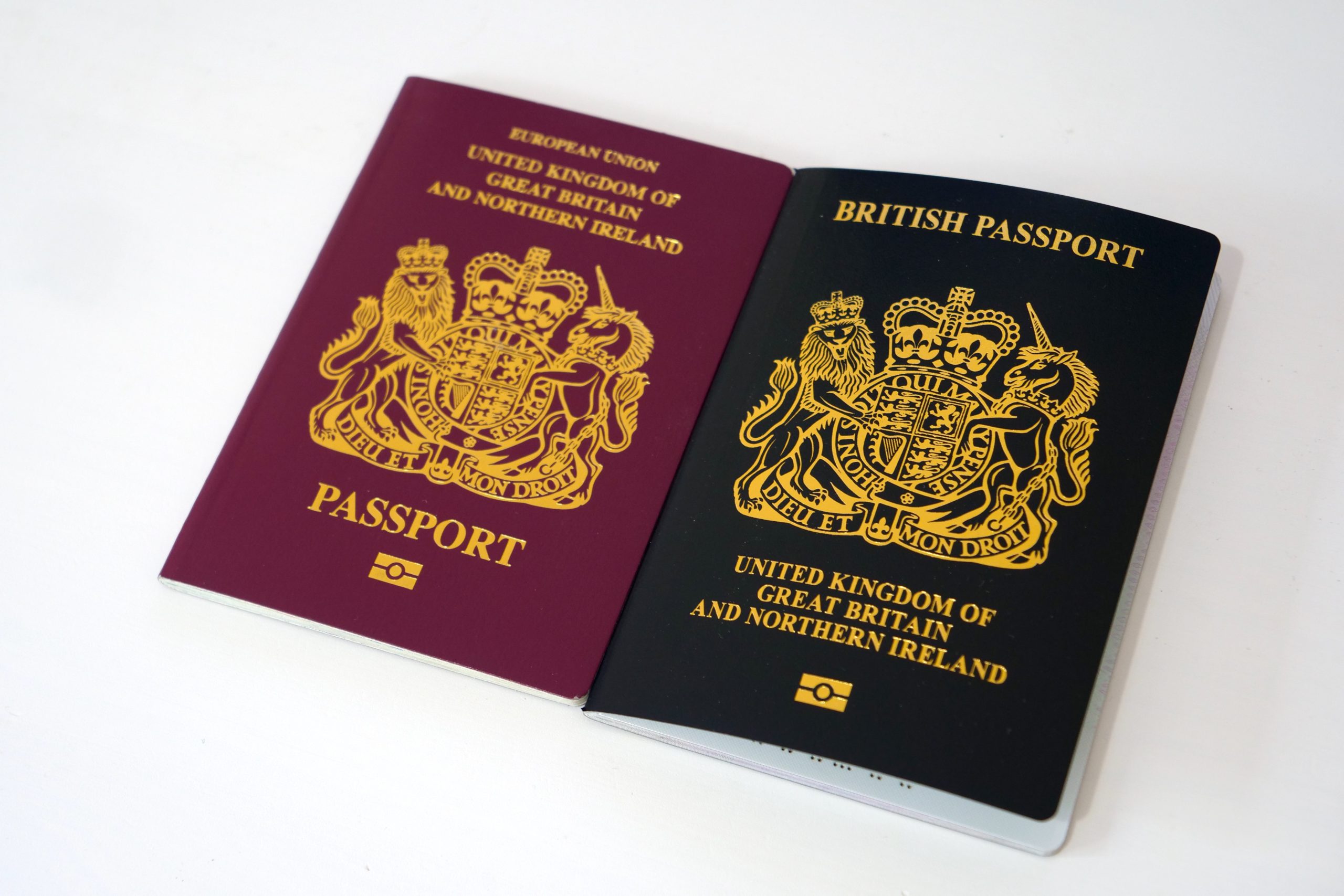Understanding ETIAS and Its Impact on British Travellers

January 6, 2025
If you have not read the blog post where I mention ETIAS – go ahead and read it here.
With Brexit, travel rules have changed for UK citizens visiting the EU. One significant change is the introduction of European Travel Information and Authorisation System (ETIAS). It will affect all non-EU travellers, including those from the UK from mid-2025.
What Is it?
ETIAS is designed to improve security across the Schengen Zone. It requires non-EU nationals to apply for travel authorisation before entering. The system aims to identify potential security risks before travellers reach Europe. The expected launch date is late 2025, with applications opening a few months prior.
How ETIAS Works
The system will apply to all UK citizens travelling to Schengen countries for short stays. Travellers must complete an online form, providing personal details and travel history. The application fee will be around €7 for adults, while minors apply for free. In most cases, approvals will be granted within minutes. Once approved, the ETIAS remains valid for up to three years or until the passport expires.
Implications for British Travellers
British travellers will need to prepare for ETIAS before heading to Europe. The extra step may cause delays if applications are incomplete. However, once authorised, entry into Schengen countries should be smoother. Travellers can stay for up to 90 days within any 180-day period.
Benefits and Criticism
ETIAS offers several benefits, including enhanced border security and a streamlined entry process. Authorities will have more information on incoming travellers, improving overall safety. However, critics argue that ETIAS adds unnecessary bureaucracy for UK travellers. There are also concerns about potential data privacy issues and delays in processing during peak travel seasons.
Conclusion
ETIAS introduces a new travel requirement for British visitors to Europe. While it adds a small bureaucratic step, it aims to improve safety. British travellers should stay informed about ETIAS updates and ensure timely applications. Despite initial concerns, ETIAS promises smoother and safer travel in the long term.